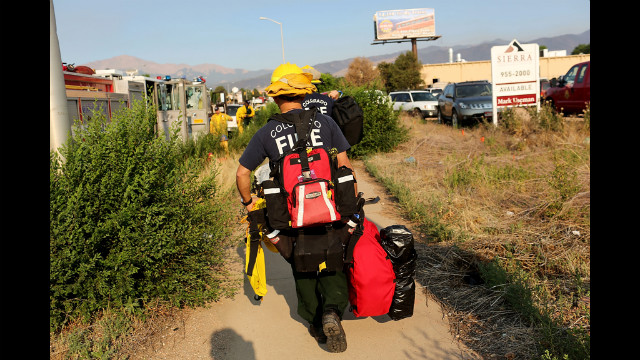Vital statistics
During a Formula 1 race a driver experiences wrenching forces of more than 4.5G.
His heart rate may exceed 180 beats per minute and his blood pressure could rise by half.
With soaring temperatures inside the cramped cockpit he will also dehydrate, typically losing 2-3 litres of water during the race.
Yet the driver must concentrate well enough to achieve lap times that might vary by just a tenth of a second.
This is tough, on both mind and body.
Hence it is not just the performance of the car itself which an array of sensors keeps an eye on, wirelessly transmitting data about the engine, suspension and so on to the pit crews.
The drivers’ own vital signs are constantly monitored, too.
Now such F1 technology is being used to monitor the physical condition of athletes in other sports, including cycling, rugby and football.
Car-racing telemetry began to migrate to other sports a few years ago, but mostly to monitor equipment and measure how it is being used.
In sailing, for instance, F1 kit is fitted in craft ranging from dinghies to giant ocean-racing yachts.
These marine systems keep an eye on things such as rudder movements, yaw angles, wind speed and the strain the sails are taking.
The data can be logged, combined with video or wirelessly relayed to coaches.
It is then used to review performance during or after a training session.
But if the rules permit, it can also be displayed in real time on the craft to help sailing crews adjust their tactics during a competition itself.
Now nifty technology is increasingly being used to monitor the physical performance of participants as well.
.
A variety of different gadgets have been available for some time to record specific vital signs and performance.
.
These range from simple pulse monitors, which can be strapped to an athlete’s arm to measure their heart rate, to elaborate systems where players carry smart tags that use a series of sensors placed around a sports field to track positions to within a few centimetres and determine, say, how fast they run.
.
But the idea that McLaren Applied Technologies, a division of the British-based F1 team and supercar manufacturer, has come up with is to combine many of these individual sensors into a wearable “smart shirt” that would collect and combine a host of readings from the wearer.
This information would be wirelessly transmitted as encrypted data (you don't want rival coaches eavesdropping) to a display device, such as a tablet computer.
.
The display looks similar to a car’s dashboard, says Geoff McGrath, managing director of McLaren Applied Technologies.
.
But instead of coloured graphics showing speed, engine revolutions, braking forces and such like, it displays an athlete’s vital signs, such as heart rate, blood-oxygen level, respiration and temperature.
.
The company is already working on the system with Britain’s Olympic cycling team, the England rugby team (so the shirts need to be tough) and an unamed Premier League football club
.
Making sense of the data rapidly and displaying it in a form which can be easily understood is the key to making the shirt work, adds Mr McGrath.
.
The information it provides allows a coach closely to monitor the stamina of an athlete, determine his level of fatigue more accurately and help work out where he might be wasting energy.
.
Such information can also help to avoid injuries.
.
Instead of being wired up to individual devices, by strapping or sticking on sensors, these are incorporated into the materials the garment is made from.
.
To measure the heart rate, for instance, the shirt contains a pair of non-sticky sensors that can produce a simplified electrocardiogram.
.
Breathing rate is detected by examining the relative movement of the chest, although the sound of breathing can be monitored as well.
.
Measuring skin temperature with a thermometer contained in the shirt is relatively straightforward, but McLaren is also trying to measure core body temperature, which is trickier.
.
Core body temperature is an important indicator of the onset of heat exhaustion, which can be fatal.
.
The traditional way to measure a person’s core body temperature is to insert a thermometer into the rectum—impractical on the sports field.
.
Another way it can be done is for the subject to swallow a “thermometer pill”, a small capsule that contains a temperature sensor and a transmitter to relay the reading to an external receiver as it passes through the digestive tract.
But this technique cannot always be used. In motor racing, for instance, if a driver is taken to hospital after a crash the metal in the capsule would prevent the use of an MRI scanner, which is essentially a powerful magnet.
.
So McLaren has come up with other methods.
.
It will not go into detail, other than to say that it infers core body temperature from other readings.
.
This provides a decent guide, but the company is already developing a more accurate technique which would take core body temperatures with the shirt.
.
As for how this works, the company’s lips are as tightly sealed as they are about the engineering of this season’s grand prix cars.








-255x255.jpg)

